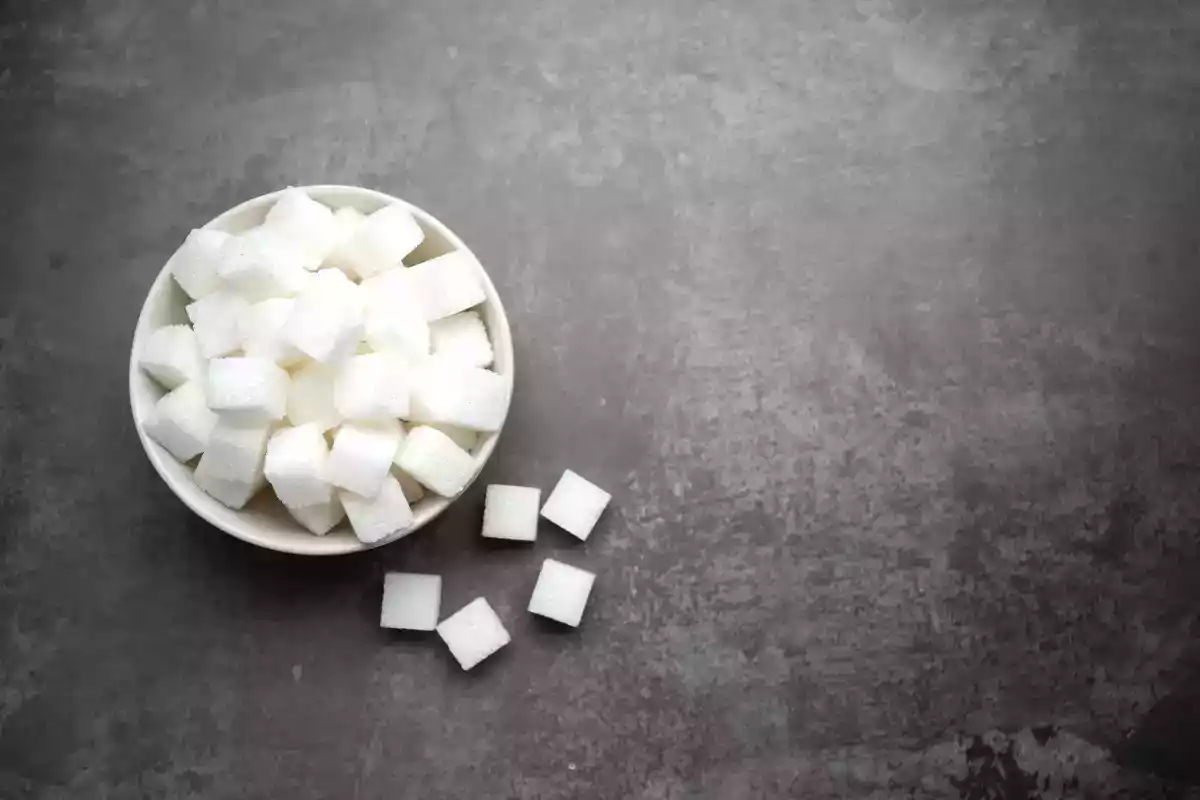Alternatives to refined white sugar: what options for a healthier diet?

Refined white sugar, though ubiquitous in our diet, is not without its health hazards. In addition to promoting blood sugar peaks and causing problems such as obesity and diabetes, it is devoid of essential nutrients. Fortunately, there are many natural alternatives for sweetening our dishes while taking care of our health. Here are a few to discover! :-)
How is refined sugar made?
Refined white sugar, is mainly extracted from sugar cane or sugar beet. The process begins with the harvesting of these plants, which are then crushed to extract the sweet juice. This juice is heated and filtered to remove impurities, before being concentrated to form crystals. This is just the beginning: the raw sugar crystals are then refined, a stage in which they are stripped of their natural brown color and remaining minerals to become the white sugar we know.
Refining is an intensive process that strips sugar of its nutrients, leaving only pure sucrose, a simple carbohydrate. Unlike raw sugar or whole cane sugar, refined white sugar is an ultra-processed product, which no longer contains vitamins, minerals or fiber.
The health risks of refined sugar
Refined sugar has long been criticized for its harmful effects on health. As a simple carbohydrate, it is quickly absorbed by the body, causing sudden spikes in blood sugar levels. These fluctuations in blood sugar levels can lead to insulin resistance, and are associated with an increased risk of type 2 diabetes. In addition, excessive consumption of refined sugar is linked to weight gain and obesity, as it does not provide a lasting feeling of satiety.
The effects of refined sugar don't stop there. It also promotes inflammation in the body, a factor that contributes to the development of chronic diseases such as heart disease and certain types of cancer. In addition, foods rich in refined sugar can cause tooth decay due to the acids produced by bacteria in the mouth when sugar is broken down.
Sugar addiction: a vicious circle
Refined sugar is often considered addictive. Studies have shown that its consumption activates the same pleasure centers in the brain as drugs such as nicotine or cocaine. This repeated activation of the reward pathways can drive people to consume more sugar, creating a cycle of dependency that's hard to break. In addition to triggering sugar cravings, this overconsumption can lead to mood disorders and chronic fatigue, as sudden spikes and drops in blood sugar levels affect energy and general well-being.
Alternatives to refined sugar
Fortunately, there are many alternatives to refined white sugar that allow us to sweeten our food in a more natural and healthy way:
Coconut sugar: a caramelized taste and a lower glycemic index
Coconut sugar, made from the sap of coconut blossoms, is becoming increasingly popular. Why is it so popular? First of all, it has a slightly caramelized taste, which adds a sweet, exotic flavor to your recipes. What's more, it has a much lower glycemic index than white sugar (35 versus 70), making it an ally for those who want to limit blood sugar spikes. And that's not all: it also contains zinc, iron and antioxidants, perfect for combining indulgence and health!
Agave syrup: sweetness from Mexico
Agave syrup, derived from the agave plant, is a liquid alternative that sweetens your dishes while requiring less quantity. Highly prized for its low glycemic index (between 10 and 30), it provides effective sweetening while reducing variations in blood sugar levels. However, it is rich in fructose, which can cause problems if consumed in excess. So, although it's a good alternative to white sugar, like everything else, consume in moderation!
Honey: a treasure trove of enzymes and nutrients
Honey is probably one of the best-known alternatives. Used for thousands of years for its therapeutic virtues, it doesn't just sweeten: it also provides antioxidants, vitamins and minerals such as calcium and iron. Its glycemic index varies from one type of honey to another, but is often lower than that of refined sugar. Ideal for desserts, infusions or even to enhance savoury dishes!
Maple syrup: a sweet touch with woody aromas
Maple syrup, the star of Canada's forests, has much more to offer than just a sweet taste. Rich in manganese and zinc, it has antioxidant properties and its glycemic index (54) is lower than that of white sugar. Perfect for pancakes, marinades or homemade desserts!
Stevia: zero calories, 100% natural
Stevia is a natural sweetener extracted from the leaves of the Stevia rebaudiana plant. With no calories and no impact on blood sugar levels, it's a perfect choice for people watching their sugar intake, especially diabetics. Its sweetening power is extremely high (up to 300 times that of white sugar), but beware of its rather peculiar aftertaste, which may surprise the taste buds!
Dates: the natural sweetener of choice
Dates are not only delicious, they're also an excellent source of fiber, vitamins and minerals such as potassium. They are ideal for replacing sugar in pastries and smoothies, while adding a gourmet texture. Their moderate glycemic index (around 43-55) means they can be used as a natural sweetener, while still providing a nutritional boost.
What about you?
 Adèle Peyches
Adèle Peyches
Comments
anonymous
People can still do better. No sugar in black tea or black coffee. The coffee was the last to have no sugar but needed to make it a little less strong. Still have a teaspoon of maple syrup on a pancake once a week. Tried Stevia in coffee but found it undrinkable.
tumbles
I mix reined sugar with yeast it makes a very refreshing drink